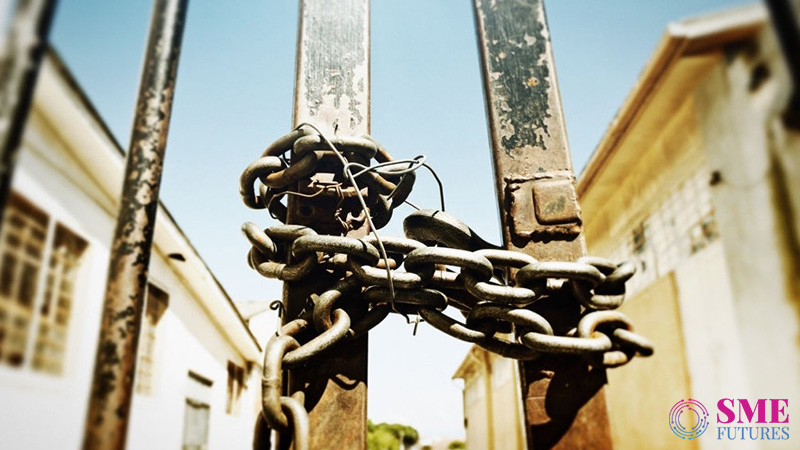According to a survey report presented in parliament by MSME Minister Narayan Rane, two-thirds of Micro, Small and Medium Enterprises (MSMEs), or 67 per cent, in India were temporarily closed for three months or more in FY21, and more than half of all MSMEs saw a revenue decline of more than 25 per cent.
This report was created by the Small Industries Development Bank of India (SIDBI) after surveying 1,029 businesses. Following that, Minister Rane outnumbered a few recent initiatives under the Aatma Nirbhar Bharat Abhiyan to mitigate the negative impact of Covid-19 on the country’s small businesses and improve their financial and market access.
The initiatives include:
Rs. 20,000 crores Subordinate Debt for stressed MSMEs.
Rs.3 lakh crores Emergency Credit Line Guarantee Scheme (ECLGS) for Businesses, including MSMEs (which has subsequently been increased to Rs. 5 lakh crore, as announced in Budget 2022-23).
Rs. 50,000 crore equity infusion through MSME Self-Reliant India Fund.
New Revised criteria of classification of MSMEs.
New Registration of MSMEs through ‘Udyam Registration’ for Ease of Doing Business and,
No global tenders for procurement up to Rs. 200 crores.
Sequentially, to support the MSMEs during the pandemic, a special component of “Virtual Trade Fairs” has been introduced under the existing Procurement & Marketing Support (PMS) scheme of this Ministry to enhance market access of MSMEs.
Also, from 2nd July 2021, the government has included Retail and Wholesale Traders as MSMEs. They are allowed to be registered on the Udyam Registration Portal and avail benefits of Priority Sector Lending.
Additionally, to support MSMEs reach out to customers across the world, the Ministry is implementing the International Cooperation Scheme (IC) facilitating the participation of the MSMEs in International Exhibitions, Trade Fairs, Buyer-seller meets, etc.
MSMEs through their Development Institutes (DIs) situated in all States, facilitate MSMEs to export from Domestic Tariff Area (DTA) and Special Economic Zones (SEZ). 52 Export Facilitation Centres (EFCs) have been established to provide hand-holding support to MSMEs as well as creating linkages with Export Promotion Councils, Commodity Boards, etc, for this purpose.
Further, a comprehensive B2B Portal- MSME mart.com is being operated by the National Small Industries Corporation (NSIC) as a one-stop digital solution to all business needs of MSMEs and provide next-generation services to MSMEs to make them competitive in the global market.
The Ministry has also established Enterprise Development Centres (EDCs) to build a network of entrepreneurial leaders by providing professional mentoring and handholding support services to existing as well as aspiring entrepreneurs. So far, 102 EDCs have been established all across the country.
Additionally, various other schemes are being implemented by the Ministry to help MSMEs expand their business in the global market by providing them assistance for technology up-gradation, skill development, quality certification etc.
Besides, the Directorate General of Foreign Trade (DGFT) is implementing schemes like the Niryat Bandhu Scheme (NBS) for mentoring new and potential entrepreneurs about the intricacies of foreign trade.
India has over 6.3 crore MSMEs, according to data from the MSME Ministry, as of November 26, 2021, the Udyam Registration portal registered 5,767,734 MSMEs, replacing the former process of filing for a Udyog Aadhaar Memorandum (UAM). (Source: IBEF)
The Government of India has envisioned doubling the Indian economy to US$ 5 trillion in five years. To achieve these targets, the government should invest in providing more back-end services to improve the performance of the MSME sector as it supplies goods and services to big industrial enterprises.











